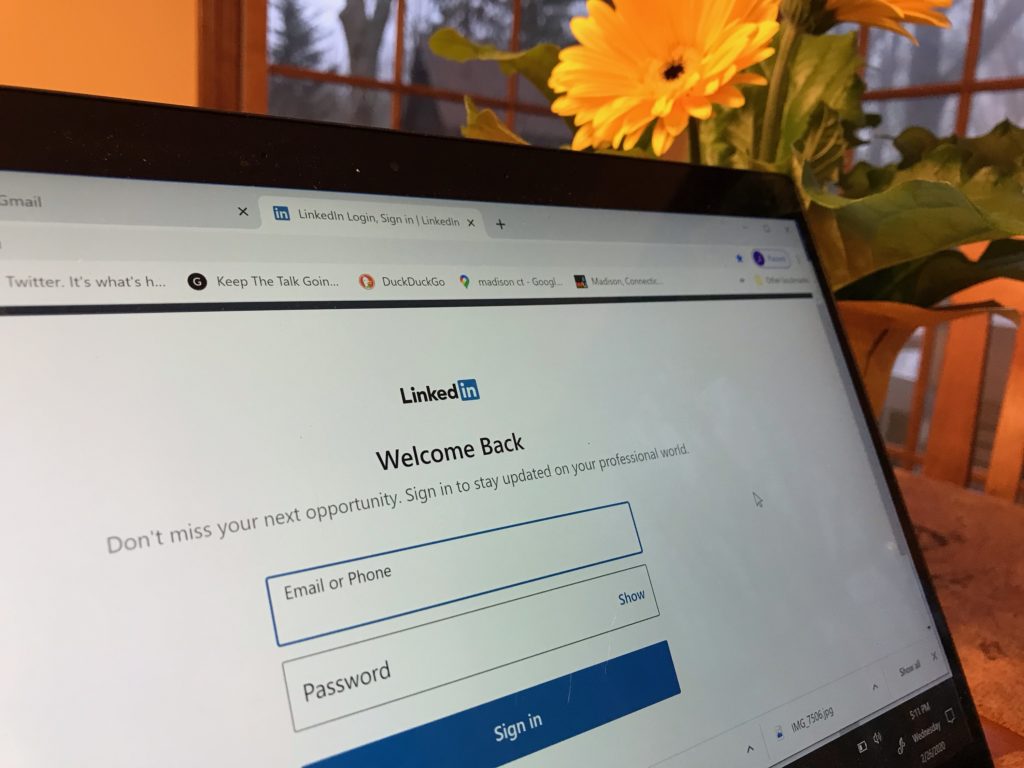
The other day I was chatting with a friend I don’t see often but with whom I’m friends on LinkedIn. He said something about it being lucky his company’s filters didn’t block my “uh…interesting posts.” He meant, of course, what I write about sexuality and especially the importance of talking about intimacy and sexual health with our partners and our children.
And he’s right; I’ve had trouble with filters before. I’ve had emails not go through to a youth service bureau because the workshop I was proposing included the word “sex,” which the town’s system blocked. Back when I boosted Facebook posts, they wouldn’t let me promote some articles, like the one on helping your daughter deal with being called a “slut,” apparently because I used that word.
I get it. There is so much demeaning language being tossed around on social media, and porn is so accessible, that organizations want to do what they can to protect people.
Except, there’s a price to be paid for it. When filters are too broad, they limit people’s access to information on, say, breast cancer, contraceptives, and normal sexual development. In trying to keep out possibly unsavory sexually arousing content, filters make it harder for people to learn and talk about all the healthy, multifaceted complexity that’s part of human sexual experience.
Sexual Information Is Not “Dirty”
The bigger problem, I think, is that filters’ broad-brush approach parallels beliefs in the wider culture. We’ve somehow come to act as if anything to do with sexuality is somehow bad, wrong, embarrassing, unspeakable. That’s just not true.
Personally, I don’t think the erotic aspects of sex are bad, dirty, or any of that. I think sex is a wonderful, important, and often positive part of being human. It’s a good thing.
But even if you’re not a fan of the erotic, if you think all sexually arousing materials are problematic, if you don’t ever want to talk about sexual feelings—all of that is still a separate thing from factual information about bodies.
We can talk about bodies in ways that are arousing (romance novels and erotica, anyone?) or in ways that are straightforward and informative (medical guides, books on puberty). We can have images that are sexually stimulating and other images that are educational.
With your partner, conversations can include any or all of this. You might talk about the facts of your reproductive system (whether you’ve had a vasectomy or are having your period, etc.) and about what turns you on.
In talking to your kids, you’re on safe ground with any topic that isn’t erotic—and that’s most topics. Kids who haven’t gone through puberty are unlikely to experience anything as arousing (although they’ll probably feel upset and uncomfortable if they run across pornography). With teens and preteens you’d be careful to avoid anything hubba-hubba or arousing, but they still want information. When you give them factual information in a matter-of-fact way, they’re better able to make healthy choices, and it’s not as uncomfortable as you might think.
So, I beg you: Step back from the filters’ “it’s all bad” mindset. If sexual topics are awkward for you to talk about, start with the factual stuff.
Periods aren’t sexy, they’re just a thing that happens to people with vaginas. How babies grow in a mother isn’t sexy, it’s just how mammals reproduce. Using correct names for body parts isn’t sexy, it’s just their names. Birth control isn’t sexy, but it’s a tool that people should know exists (even if they’re far too young to use it).
And maybe, just maybe, our culture can become a little less hung up on sex, a little less quick to freak out about what kids might learn, a little less afraid to talk with our partners about intimate subjects—and a little less blocked by social media sites that try to “protect” us more than is actually good for us.